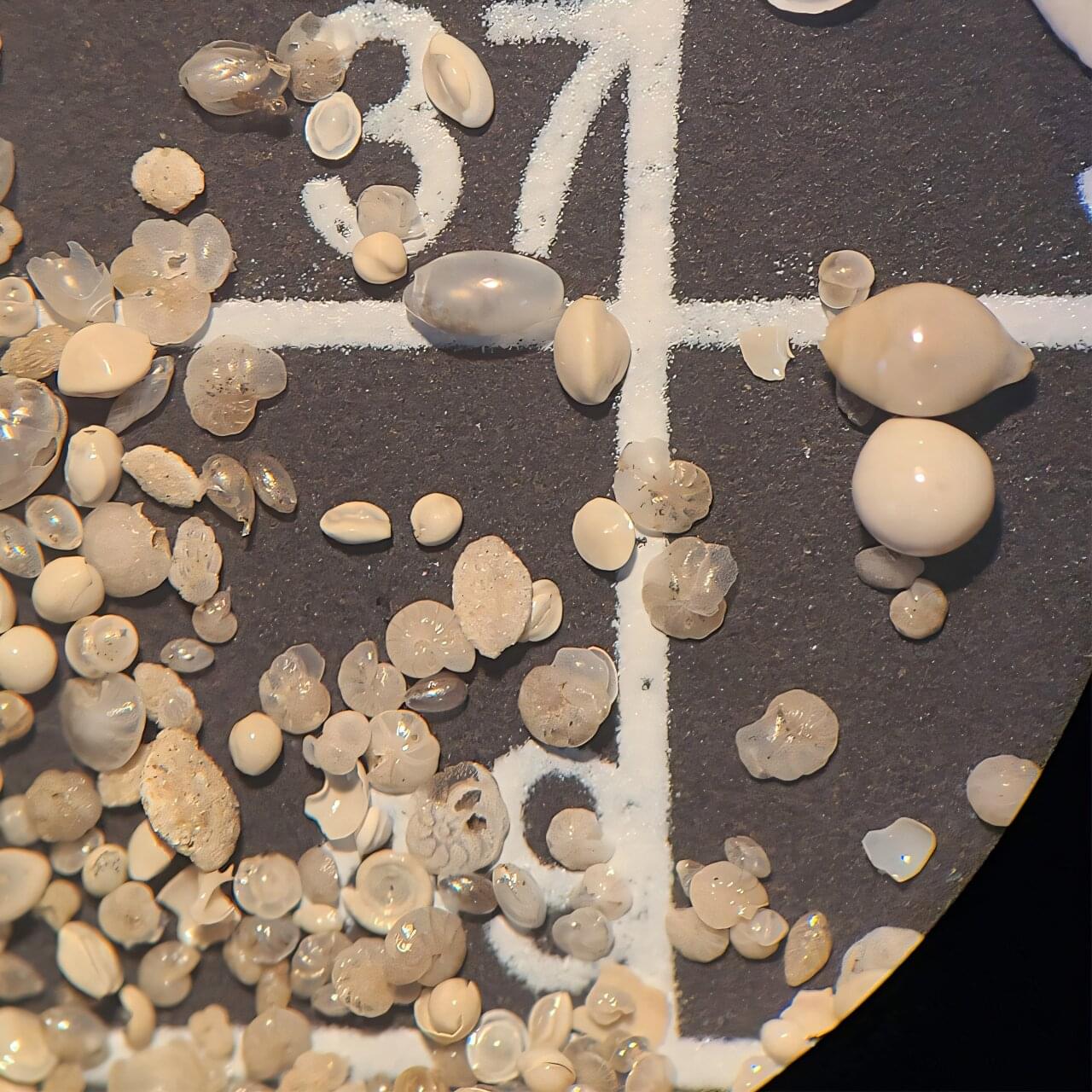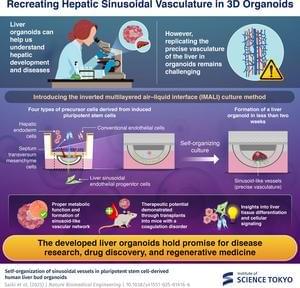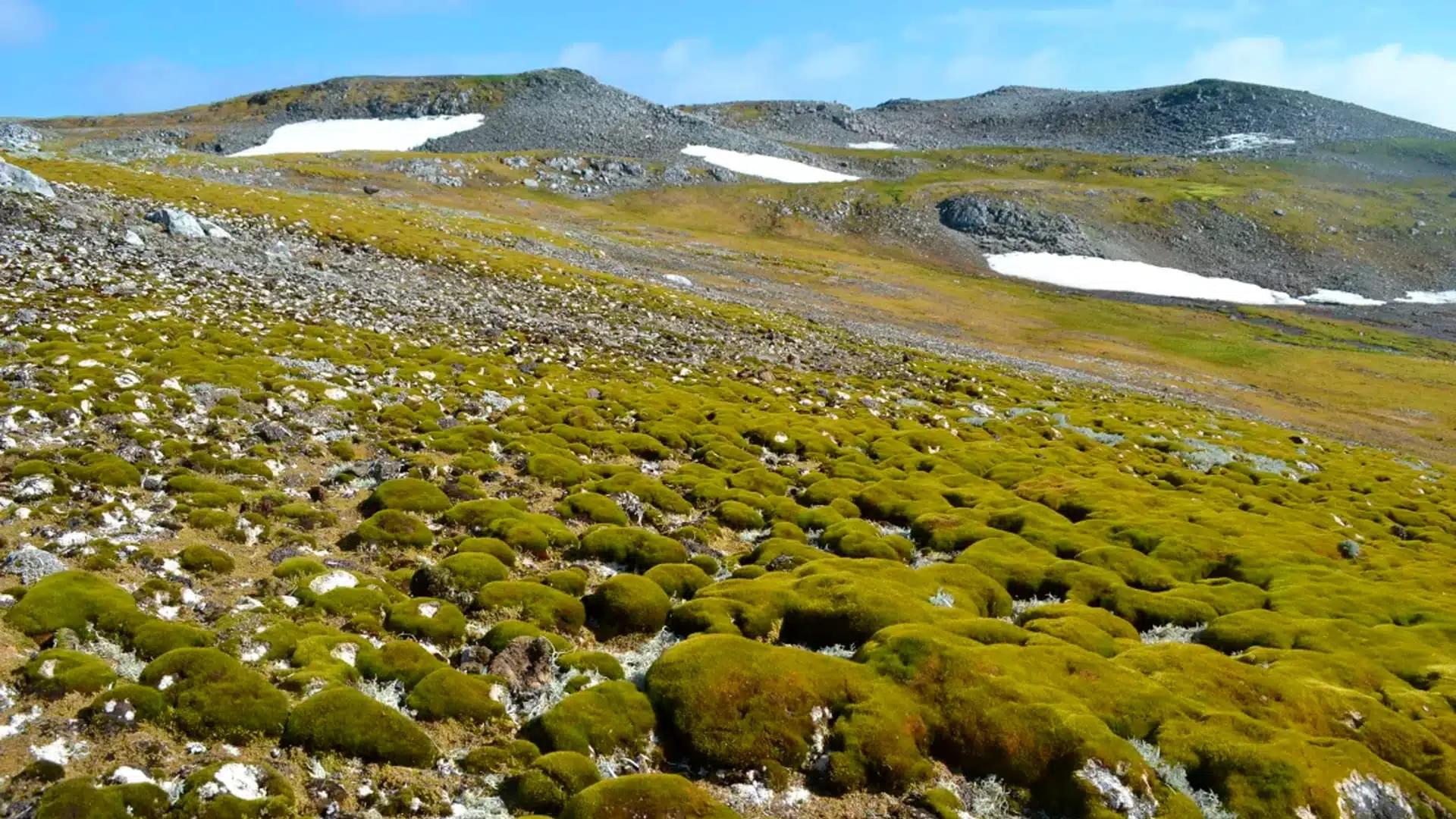Liver organoids with proper blood vessel networks have been successfully produced, as reported by researchers from Institute of Science Tokyo and Cincinnati Children’s Hospital Medical Center. This advancement addresses a major challenge in replicating the liver’s complex vasculature in lab-grown tissues. Using a novel 3D culture system, the researchers achieved the self-organization of four distinct precursor cell types into functional organoids, capable of producing essential clotting factors in a haemophilia A mouse model.
Over the past decade, organoids have become a major focus in biomedical research. These simplified, lab-grown organs can mimic important aspects of human biology, serving as an accessible and powerful tool to study diseases and test drugs. However, replicating the intricate arrangements and networks of blood vessels found in real organs remains a major hurdle. This is especially true for the liver, whose metabolic and detoxification functions rely on its highly specialized vasculature.
Because of such limitations, scientists haven’t fully tapped into the potential of liver organoids for studying and treating liver diseases. For example, in hemophilia A, a condition where the body cannot produce enough of a critical clotting factor, current treatments often involve expensive and frequent injections. An ideal long-term solution would restore the body’s ability to produce its own clotting factors, which could, in theory, be achieved using liver organoids with fully functional blood vessel structures called sinusoids.








